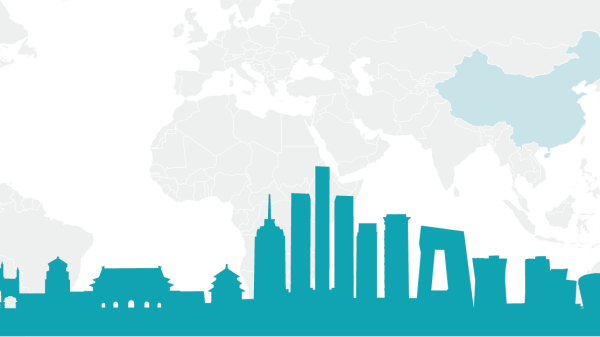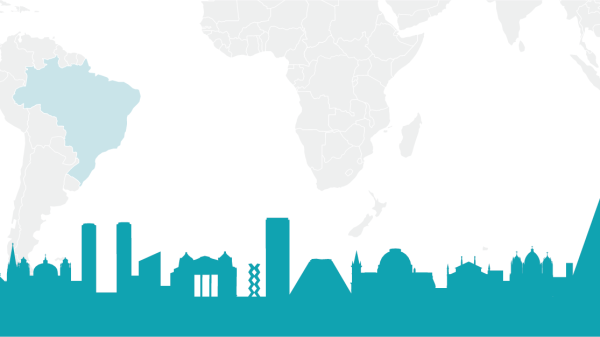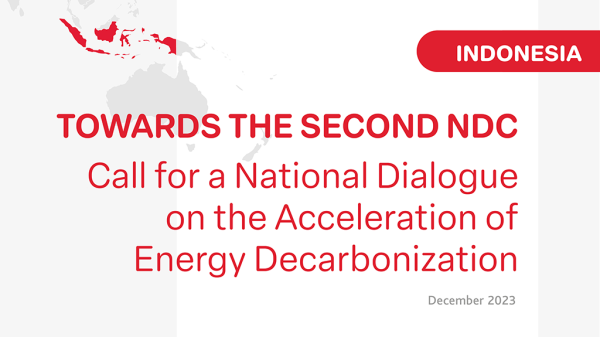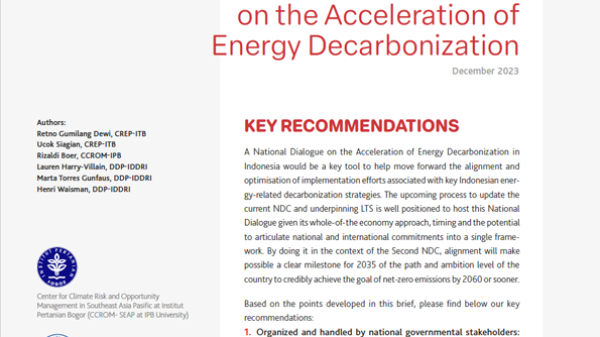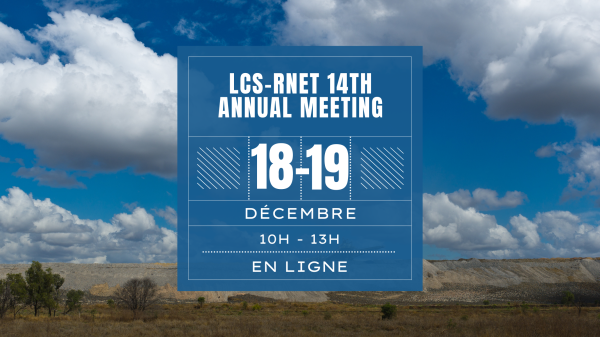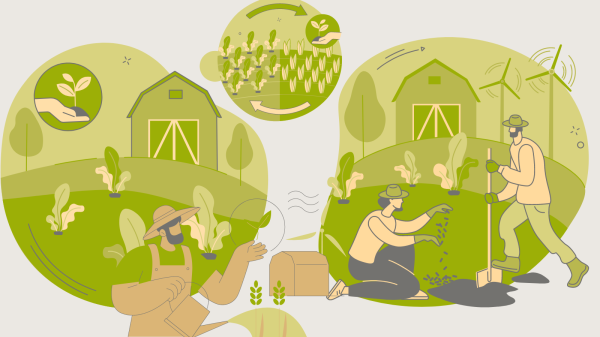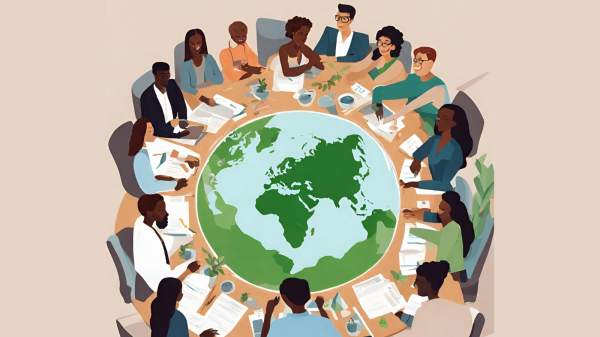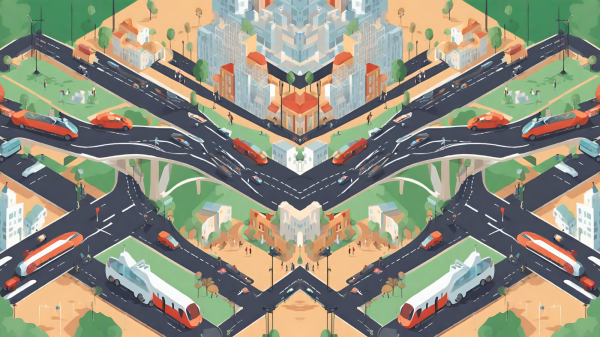Search results
- 2013
Net Zero & long-term planning | Clean power and energy systems | National systemic transformations | Just Transitions & socio-economic implications of the transitions | Development & climate interface | International climate collaborations | Governance & public policy | Coal transitions | Methane and non-CO2 mitigation
- 2013
Net Zero & long-term planning | Clean power and energy systems | Land-use and forestry transformations | Low-carbon agriculture and husbandry | National systemic transformations | Just Transitions & socio-economic implications of the transitions | Economics & investments | Finance and business engagement | Development & climate interface | International climate collaborations | Governance & public policy | Industrial decarbonization | Low-carbon transport systems | Design of Carbon pricing schemes
- Brief
- 2023
Indonesia aims to reach net-zero emissions by 2060 or sooner. Initiatives like the JETP have shown the importance of the alignment of key national energy-related decarbonization strategies. A National Dialogue in the context of the 2nd NDC would be a key tool to help move forward the alignment and optimisation of implementation efforts.
- Brief
- 2023
Indonesia has a climate goal to reach net-zero emissions by 2060 or sooner. Recent initiatives like the JETP, which focuses on decarbonizing the on-grid power sector with USD20 billion in public and private financing, have brought light on the importance of the alignment of key Indonesian energy-related decarbonization strategies such as LTS-LCCR, NDCs and other plans, for effective implementation and funding. Indeed, lack of coherence creates the risk of not reaching emission reduction goals. A National Dialogue on the Acceleration of Energy Decarbonization in Indonesia would be a key tool to help move forward the alignment and optimisation of implementation efforts. By doing it in the context of the Second NDC, alignment will make possible a clear milestone for 2035 of the path and ambition level of the country to credibly achieve the goal of net-zero emissions by 2060 or sooner.
- Annual meeting
- 2023
LCS-RNet 14th Annual Meeting – Further steps towards Net Zero: Ways to accelerate stakeholder collaboration between citizens, policymakers and researchers
- Blog
- 2023
While the increased attention to food systems at COP28 is welcome, these initiatives are pieces of a puzzle that is far from complete. The initiatives and processes discussed above must translate into action.
- Blog
- 2023
In a tense geopolitical context, COP28 is a moment of truth for climate action and the ultimate test for the Paris Agreement, which was built on the dual premise of country-driven action and reinforced cooperative approaches to deliver ambition.
- Blog
- 2023
To reach the Paris Agreement goal of 1.5°C and limit the consequences of climate change on development and biodiversity, we have to start reducing transport emissions drastically and reach at least 59% emissions reduction by 2050.
Stay up-to-date with the latest happenings, exciting developments, and upcoming events within the DDP network. Here, we bring you an overview of all the news and activities that shape our community.
